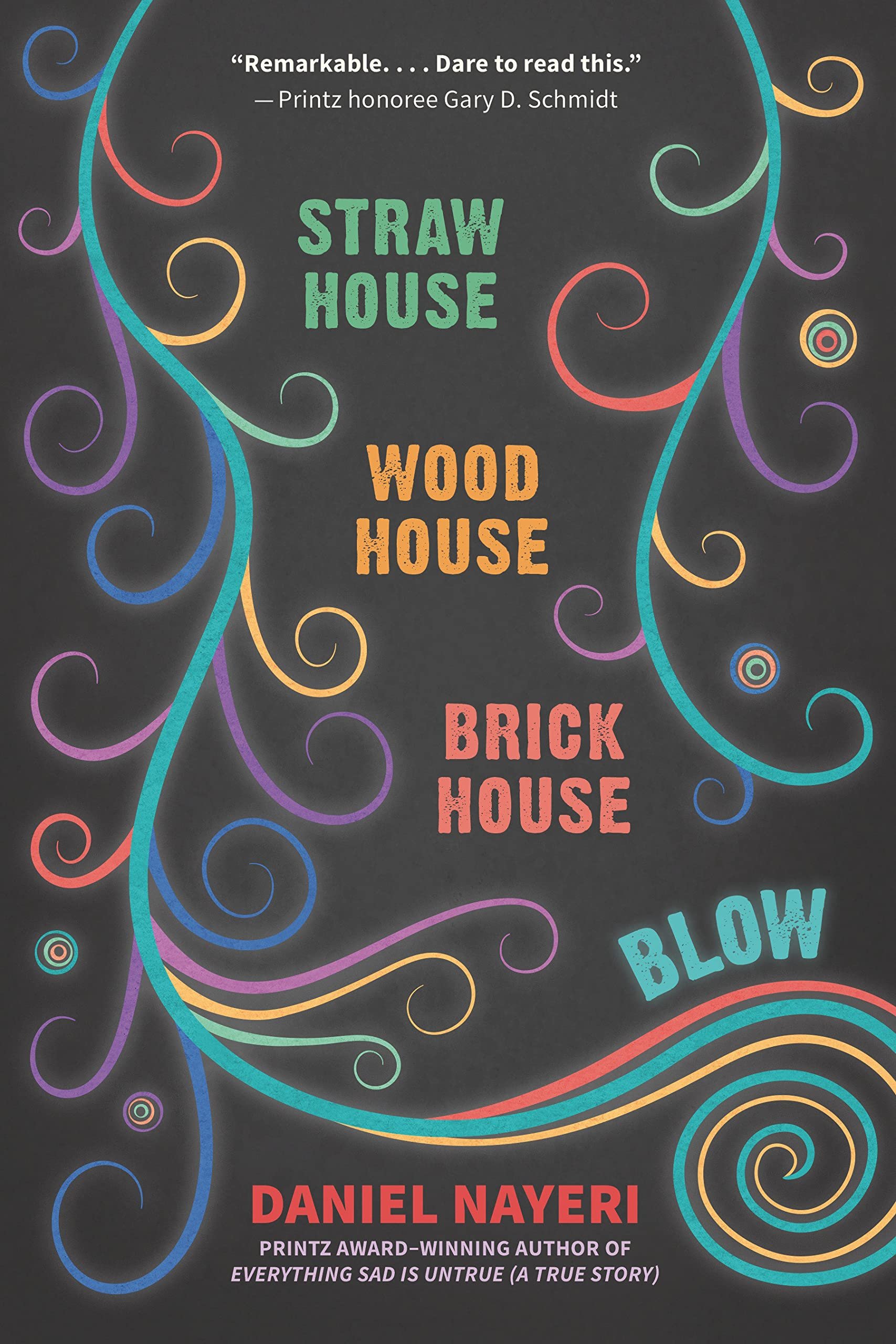“Four stylistically brilliant novellas…breathtakingly vivid word smithery.”
“Provocative and deeply satisfying.”
“A delightful amalgam of the high and the low, the silly and the sublime.”
A collection of four novellas, each in a different genre:
Toy Farm: A Western sizzling with suspense, set in a land where a rancher grows soulless humans and a farmer grows living toys.
Our Lady of Villains: This science-fiction tale plunges the reader into a future where reality and technology blend imperceptibly, and a teenage girl must race to save the world from a nano-revolution that a corporation calls “ReCreation Day.”
Wish Police: This detective story set in modern NYC features a squad of “wish police” and a team of unlikely detectives.
Doom with a View: A comedic love story told by none other than Death himself, portrayed here as a handsome and charismatic hero who may steal your heart in more ways than one. With humor, suspense, and relatable prose, this hip and cutting-edge collection dazzles.
Recommendations:
“Whenever we invoke this title — Straw House, Wood House, Brick House, Blow — let us breathe this word soon after: virtuosity. In a remarkable collection of four novellas, Daniel Nayeri plays a modern Lewis Carroll, pulling us down rabbit holes where the world is cockeyed — disturbingly cockeyed — and anything at all can happen. In one, toys planted by an absent creator are left to fend for themselves when evil arrives; in another, the very air we breathe has been infected with a technology that allows us to create our own reality–or others to create it for us; in another, the narrator Death is moved to play the jerk by powerful love.With characters deft and real, with language quick and clever, with insight deep and full, these stories lead the reader to wonder, Is this possible? Whatever is going to happen next? And then, incredibly, it is possible, and it happens. Dare to read this.”
–Two-time Newbery honoree and Printz honoree Gary D. Schmidt
“I’m so impressed by the ingenuity of the project as a whole, and Brick House / Wish Police is sheer genius. I can’t remember the last time I’ve read such a clever and successful plotline.”
— Newbery medalist Linda Sue Park
“In SHWHBHB, Nayeri proves that he is the writer’s equivalent of a singer with a four-octave range.”
–Carole Dagg, Author of The Year We Were Famous
